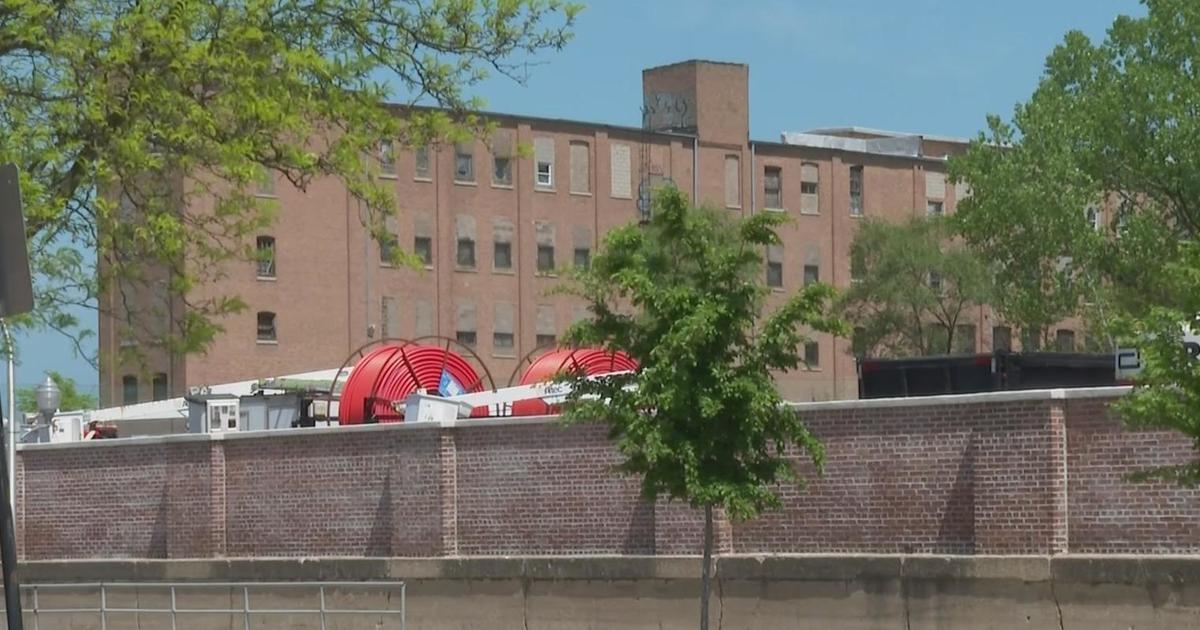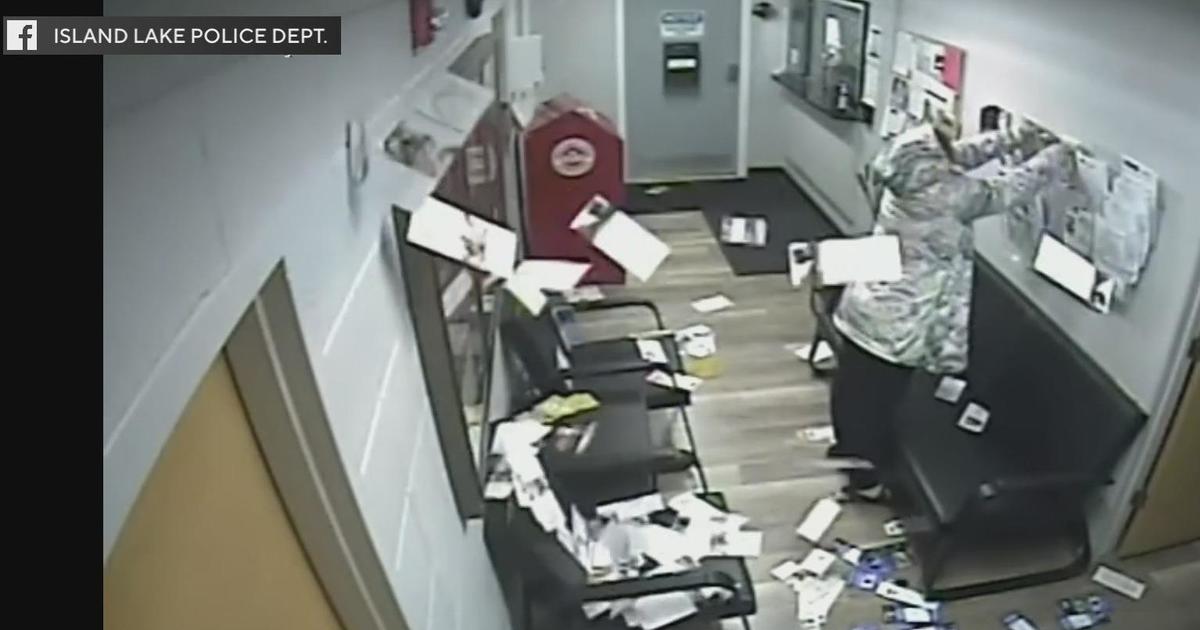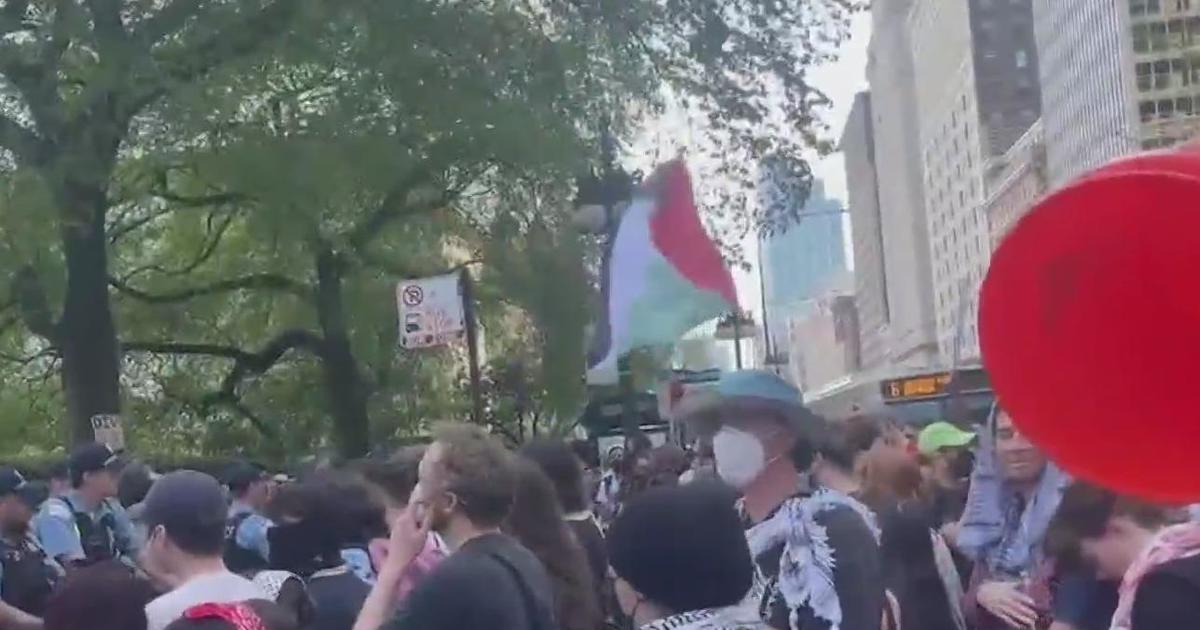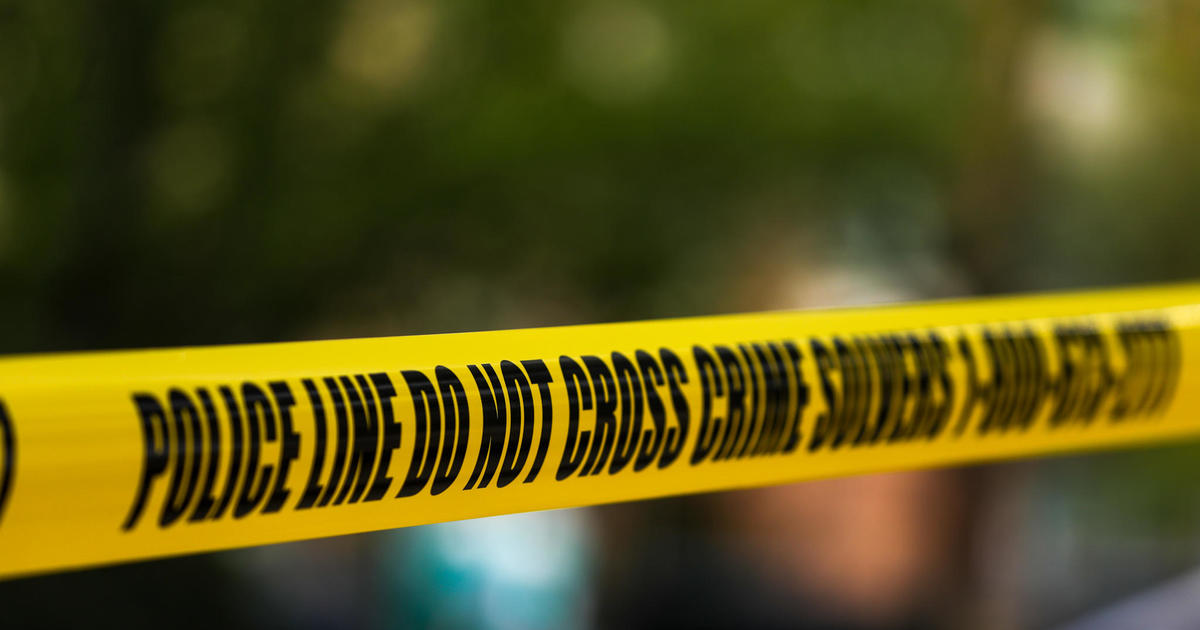Mayor Lori Lightfoot Stands By CPD Supt. David Brown In Wake Of Scathing Report On Police Handling Of Summer Protests, Looting
CHICAGO (CBS) -- Despite a scathing inspector general's report that says the Chicago Police Department was "outflanked, under-equipped, and unprepared" during last summer's civil unrest, Mayor Lori Lightfoot said she has "a thousand percent confidence" in Supt. David Brown.
Inspector General Joseph Ferguson's 124-page report on CPD's handling of the protests and looting that erupted in Chicago in the wake of the Minneapolis police killing of George Floyd concluded there was virtually no plan in place to handle the widespread civil unrest that spread from downtown to the neighborhoods in late May and early June.
The report took the Police Department and the city to task for everything from a failure to follow mass-arrest procedures and document the use of force to a lack of organization and a general sense of confusion during the unrest. The report also documented numerous claims of mistreatment by police during the unrest.
Lightfoot said CPD has learned from what happened last summer, and said she has "a thousand percent confidence" in Brown's leadership of the department, despite calls from at least one alderman that the superintendent be fired. The mayor praised Brown for accepting responsibility for the poor handling of the protests and looting.
"In my time thinking about policing in this city, which goes back 20 years, I can't think of another leader, who said, 'Let's look at what happened, what went right, what the challenges were, and then we're gonna put it out for the public to review it. That's David Brown's leadership, and I think it says a lot about the integrity and the legitimacy that he brings to the job," she said.
The mayor also defended her own decision to raise all but one of the Chicago River bridges to cut off access to downtown after the chaos erupted, even though the Inspector General's office concluded it ended up simply trapping protesters downtown, and CPD command staff had mixed opinions on whether raising the bridges was helpful.
"Whenever you do something that disrupts transportation, it's a very big deal, and I don't take that lightly," Lightfoot said. "Raising the bridges was absolutely the right decision."
Lightfoot said CPD has taken a deep dive into what happened over the course of the summer's civil unrest, and used that to improve communications and response times while planning for other potential protests and civil unrest later in the year.
"That manifested itself in a very peaceful fall; particularly around the federal election, looking at Black Friday after Thanksgiving and New Year's Eve, and other potential threats that came to our city," Lightfoot said.
She also denied rejecting an offer to deploy the Illinois National Guard to Chicago during the protests and looting, calling reports to the contrary "completely untrue."
"There was never a time that it was offered and we rejected it. That's simply not true. I don't even know where that came from," she said. "The first conversation that I ever had with anybody from the state about the National Guard was when I called the governor myself that Saturday night."
As for why she waited until after widespread looting began downtown to request the National Guard, Lightfoot invoked the Kent State shootings in 1970, when guardsmen shot and killed four unarmed students and wounded nine others during a rally against the Vietnam War.
"I'm a kid who grew up in Ohio down the road from Kent State. My earliest memories are very seared by the then-Ohio governor calling in the National Guard to Kent State, and the result was four students dead. Calling in the National Guard is a very serious matter, one that I do not take lightly," she said.



